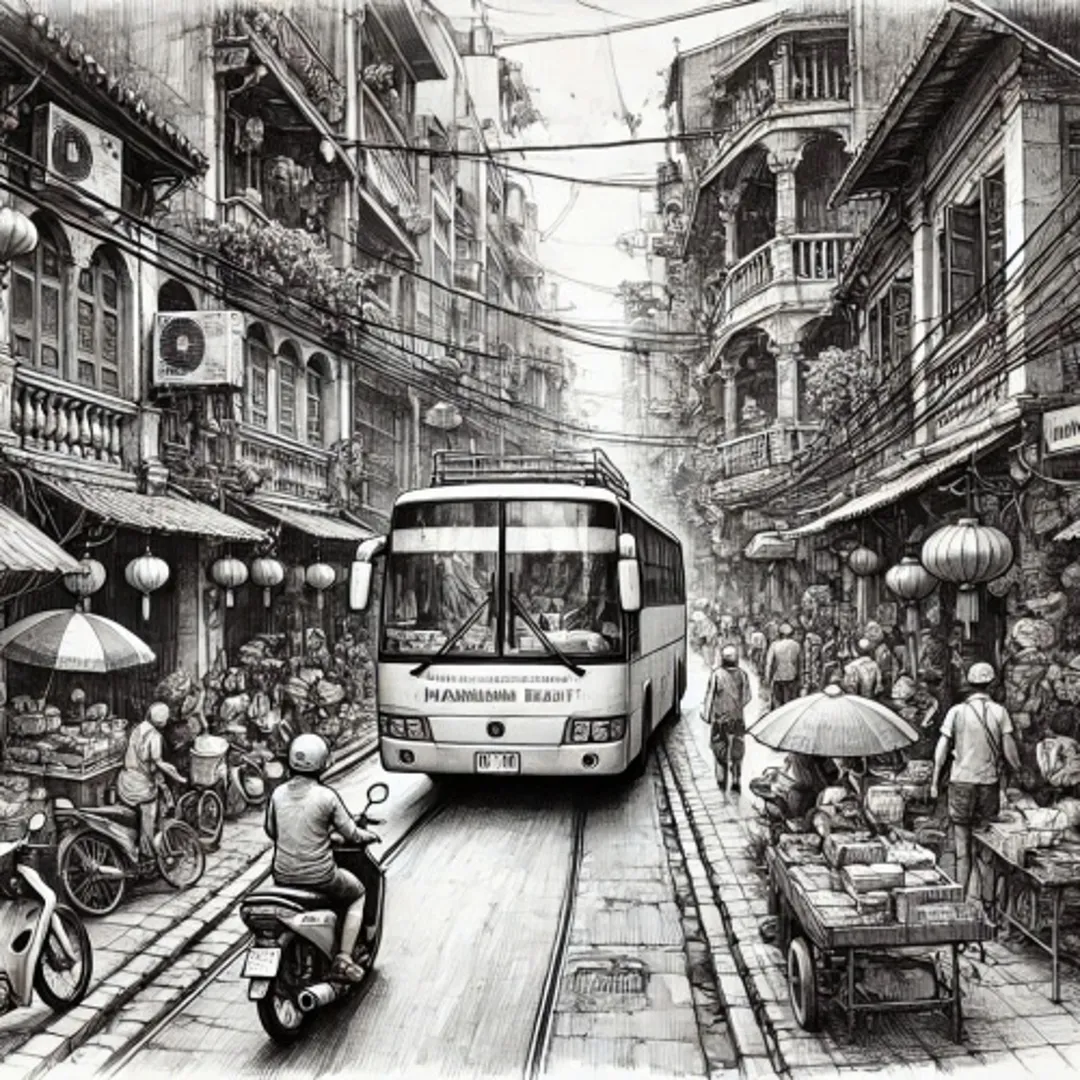Vietnam seized 41 tons of wildlife specimens and products in 2013-2017
Vietnam has long vowed to crack down on the illegal wildlife trade, though conservationists say the black market persists due to weak law enforcement.
Vietnam seized more than 41.3 tons of wildlife specimens and products from January 2013 to December 2017, according to a report by New York City-based Wildlife Conservation Society (WCS) and the Supreme People’s Procuracy of Vietnam.
| Wildlife trafficking in Vietnam remains rampant due to weak law enforcement. Photo: WTG |
Local authorities reported more than 1,500 criminal cases in the five years with some 1,460 people involved, of whom 432 were brought to trial and punished with jail sentences, the Vietnam News Agency reported.
Vietnam is now the largest destination for illegal shipments of elephant ivory and rhino horn according to independent analyses by TRAFFIC, a global wildlife trade monitoring network, the International Union for the Conservation of Nature (IUCN), and the Environmental Investigation Agency (EIA).
These wildlife products are either consumed in country, or may be shipped on to other destinations in Asia.
“Vietnam has been a country of great concern for its role in the illegal wildlife trade for many years now and although there have been significant steps forward in relation to improved policy to address illegal trade, it’s clear that much more has to be done. WWF is encouraging CITES to look closely at Vietnam’s compliance,” says Margaret Kinnaird, WWF Wildlife Practice Leader.
WWF is calling for the Convention on International Trade in Endangered Species of Wild Fauna and Flora (CITES) to prioritize action with regard to countries that, either through lack of capacity or lack of political will, are implicated in the illegal ivory trade. These include Burundi, Gabon, Togo, Nigeria, Mozambique, Zimbabwe, United Arab Emirates, Lao PDR, Malaysia, and Vietnam.
In addition to Vietnam, its neighbors Lao PDR, Thailand and China are key countries of concern, particularly when it comes to tiger farms.
Vietnam has completed the legal framework to criminalize different kinds of offenses relating to wildlife trafficking. Wildlife protection becomes stronger under regulations outlined in the amended Penal Code. Under which, hunting, catching, killing, rearing, caging, transporting and trading wild animals is a crime.
However, the situation remains rampant due to weak legal enforcement.

More rhino horn, dead tigers found in Vietnam
Vietnam is struggling to crack down on non-domesticated animal smuggling and trade.

Time is running out for Vietnam to clamp down wildlife trafficking, int’l NGO says
Vietnam is said it failed to respond in an appropriate manner against illegal wildlife trade.

Vietnam seizes two tons of ivory, pangolin scales
Trade in ivory tusks and pangolin scales is illegal in Vietnam but the smuggling remains rampant due to high demand.







